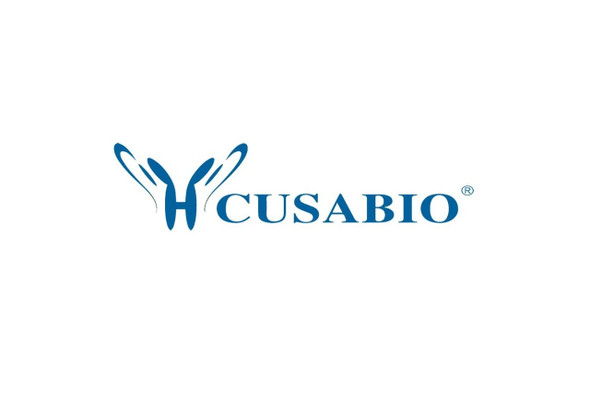Cusabio Recombinant Antibodies
Phospho-CTNNB1 (S33/S37) Antibody | CSB-RA006169A33phHU
- SKU:
- CSB-RA006169A33phHU
- Availability:
- 3 to 7 Working Days
Description
Phospho-CTNNB1 (S33/S37) Antibody | CSB-RA006169A33phHU | Cusabio
Phospho-CTNNB1 (S33/S37) Antibody is Available at Gentaur Genprice with the fastest delivery.
Online Order Payment is possible or send quotation to info@gentaur.com.
Antibody Type: Recombinant Antibody
Target Names: CTNNB1
Aliases: Catenin beta-1, Beta-catenin, CTNNB1, CTNNB, OK/SW-cl.35, PRO2286
Background: Key downstream component of the canonical Wnt signaling pathway. In the absence of Wnt, forms a complex with AXIN1, AXIN2, APC, CSNK1A1 and GSK3B that promotes phosphorylation on N-terminal Ser and Thr residues and ubiquitination of CTNNB1 via BTRC and its subsequent degradation by the proteasome. In the presence of Wnt ligand, CTNNB1 is not ubiquitinated and accumulates in the nucleus, where it acts as a coactivator for transcription factors of the TCF/LEF family, leading to activate Wnt responsive genes. Involved in the regulation of cell adhesion, as component of an E-cadherin:catenin adhesion complex. Acts as a negative regulator of centrosome cohesion. Involved in the CDK2/PTPN6/CTNNB1/CEACAM1 pathway of insulin internalization. Blocks anoikis of malignant kidney and intestinal epithelial cells and promotes their anchorage-independent growth by down-regulating DAPK2. Disrupts PML function and PML-NB formation by inhibiting RANBP2-mediated sumoylation of PML (PubMed:17524503, PubMed:18077326, PubMed:18086858, PubMed:18957423, PubMed:21262353, PubMed:22647378, PubMed:22699938, PubMed:22155184). Promotes neurogenesis by maintaining sympathetic neuroblasts within the cell cycle (By similarity).
Isotype: Rabbit IgG
Conjugate: Non-conjugated
Clonality: Monoclonal
Clone Number: 4C11
Uniport ID: P35222
Modified: Signal Transduction
species: Human
Species Reactivity: Human
Immunogen: A synthesized peptide derived from human Phospho-CTNNB1 (S33/S37)
Tested Applications: ELISA, IF; Recommended dilution: IF:1:20-1:200
Purification Method: Affinity-chromatography
Buffer: Rabbit IgG in phosphate buffered saline , pH 7.4, 150mM NaCl, 0.02% sodium azide and 50% glycerol.
Form: Liquid
Storage: Upon receipt, store at -20°C or -80°C. Avoid repeated freeze.









